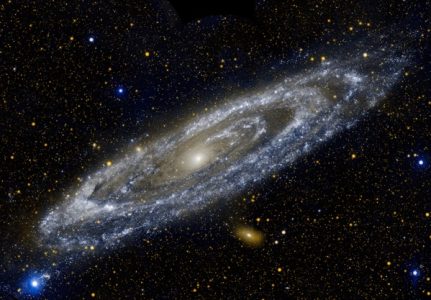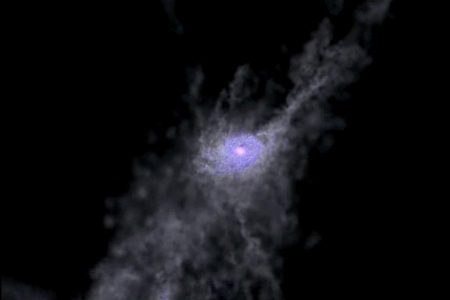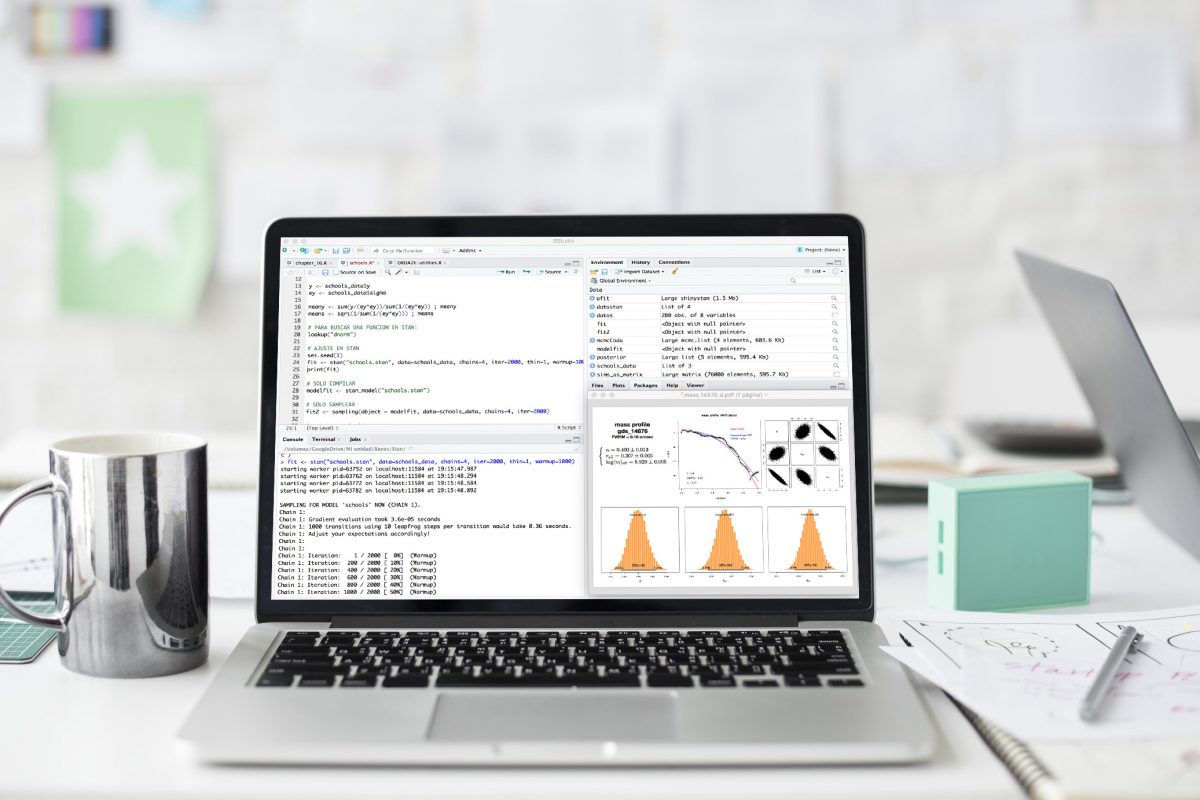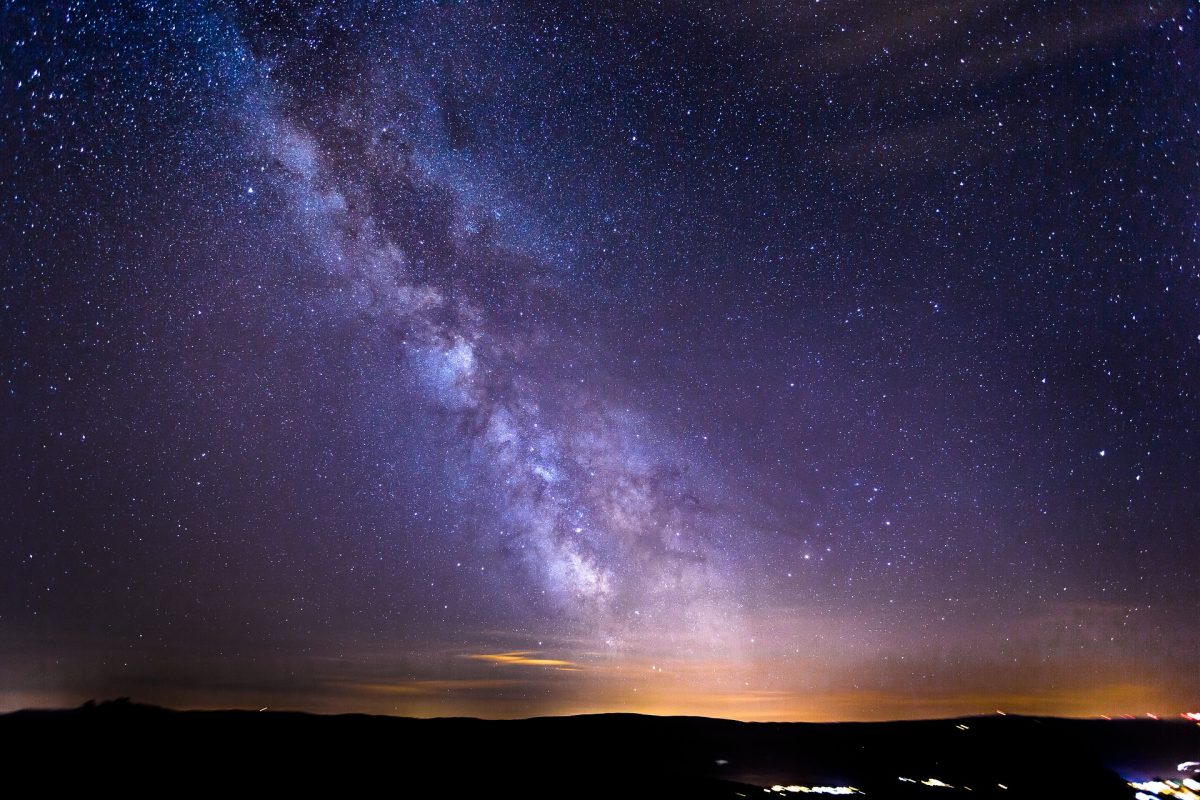The GUAIX group studies both distant and nearby galaxies. While observing nearby galaxies allow us to know the dynamics of galaxies and the formation of stars on a large scale, the study of distant galaxies summarizes the different stages of galaxy evolution and formation from over 95% of the development of the universe.
Thanks to today’s supercomputers and better algorithms, we can now perform simulations that help us verify and expand on existing experimental knowledge about the universe’s early stages. Some of our researchers are currently working on simulating the formation of the universe, with simulations of different degrees of complexity.
From this emerges the need for a discipline such as Astrostatistics in order to process the vast amount of data produced by automated scanning of the cosmos, to characterize complex datasets, and to link astronomical data to astrophysical theory. Some of the members of our department are dedicated to this discipline.
The study of light pollution is one of the most innovative research topics, with the greatest scientific and social impact growth in recent years. We are developing instruments and collaborating with several multidisciplinary research groups.




